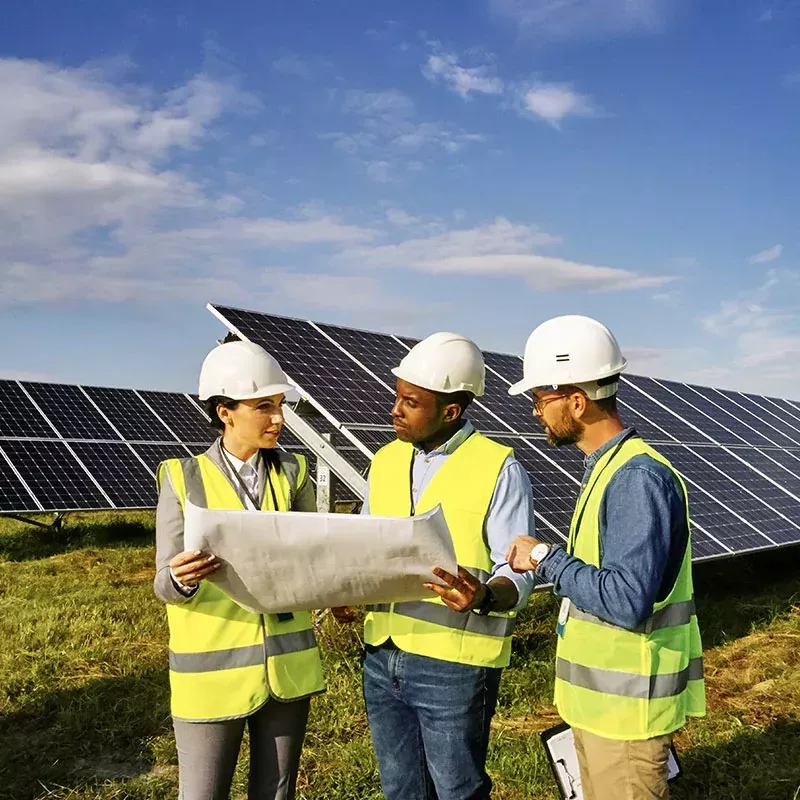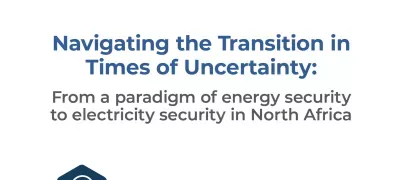
This report marks the beginning of a series focused on the decarbonization of South Africa's power sector, aiming to present the project's findings and encourage further engagement with sector experts and stakeholders. It builds upon extensive stakeholder engagement conducted from August 2020 to June 2021 within technical working groups. The goal is to foster ongoing dialogue as the project progresses toward a final report that will consolidate sector findings and offer collective insights.
Climate change presents an urgent and existential challenge, requiring global efforts to stabilize temperatures and mitigate its impacts. The Intergovernmental Panel on Climate Change (IPCC) stresses the necessity of limiting global warming to 1.5°C above pre-industrial levels to avoid catastrophic consequences. Achieving this goal demands substantial reductions in greenhouse gas emissions by 2030 and reaching net-zero emissions by 2050. South Africa, aligning with the principle of 'common but differentiated responsibilities and respective capabilities', should set a target of reaching net-zero emissions by 2050 within its fair share of the global carbon budget.
South Africa faces significant risks from climate change, with potential impacts including more frequent and severe extreme weather events, rising temperatures, and increased aridity. These changes threaten agricultural systems, livestock health, and biodiversity, posing challenges to food security and ecosystem stability. Addressing these challenges requires proactive measures to mitigate greenhouse gas emissions, adapt to changing climate conditions, and protect vulnerable populations and ecosystems.
Climate Pathways and a Just Transition for South Africa - National Business Initiative (nbi.org.za)



